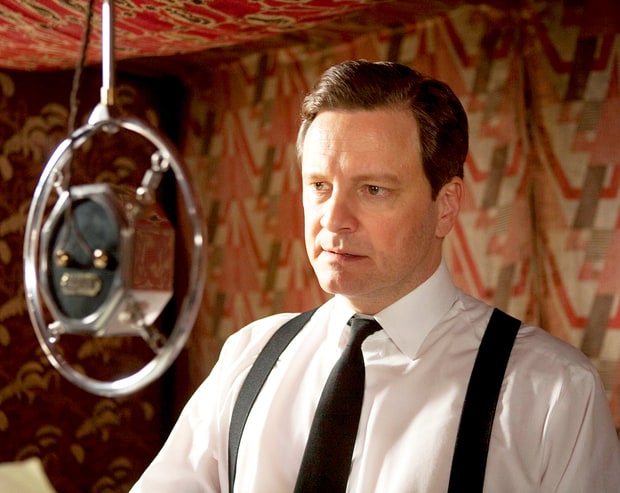
What makes a good Best Picture winner? Is it longevity? Initial box office and critical acclaim? Is it how well the movie represents the era from which it originated? Or simply how well the combined efforts of everyone involved utilized the tools of cinema?
Having watched (and rewatched) all of the Best Picture winners, starting all the way back from 1927, the only thing we can say for certain is that the answer is subjective. So in ranking this list of the most underrated (or underappreciated today) Best Picture winners of all time we had to really think about what movies are seldom discussed or even viewed despite being some of the best of their respective years.
This is a list meant to celebrate the achievements of films that are typically swept aside, at times even by ardent cineastes. In some instances, the choice was obvious; we researched ranked lists of all the Best Picture winners, coupled it with its general critical consensus, and finally compared it to the legacy that other movies released in the same year left behind. In others it took critically examining it on an almost micro-level in order to determine whether it really does warrant the reputation of ‘least deserving’ Best Picture winner of all time.
Rest assured, not all of these are our favorite movies of their years, but the overall muted response they received over the course of time feels practically insulting. And just holding the title of Best Picture winner doesn’t make for a good movie; the Academy has gotten it oh-so wrong, so many times — Cimarron, Cavalcade, The Greatest Show on Earth, Gigi, Around the World in 80 Days and Dances with Wolves particularly deserve all the vitriol spewed their way.
So while for some of the inclusions on this list we can point out definite flaws, we think its high time that more people appreciate these cinematic triumphs and bring them back from underdog status.
We did our best to include as many “new” movies as possible however, it can be difficult to asses whether or not a movie is underappreciated without the passage of time. There are only two winners from the 21st century we could even consider to be generally disliked by the public and one of them (Crash) deserves its derision.
The point here isn’t to include familiar movies – if they were familiar they wouldn’t be underappreciated – it’s to try and highlight the forgotten (or misunderstood) films that have been brushed under the rug. So enjoy the list, and if you come across a movie you’d forgotten about (or had written off) give it another watch, it’ll be worth the effort.
10. The Last Emperor (1987)
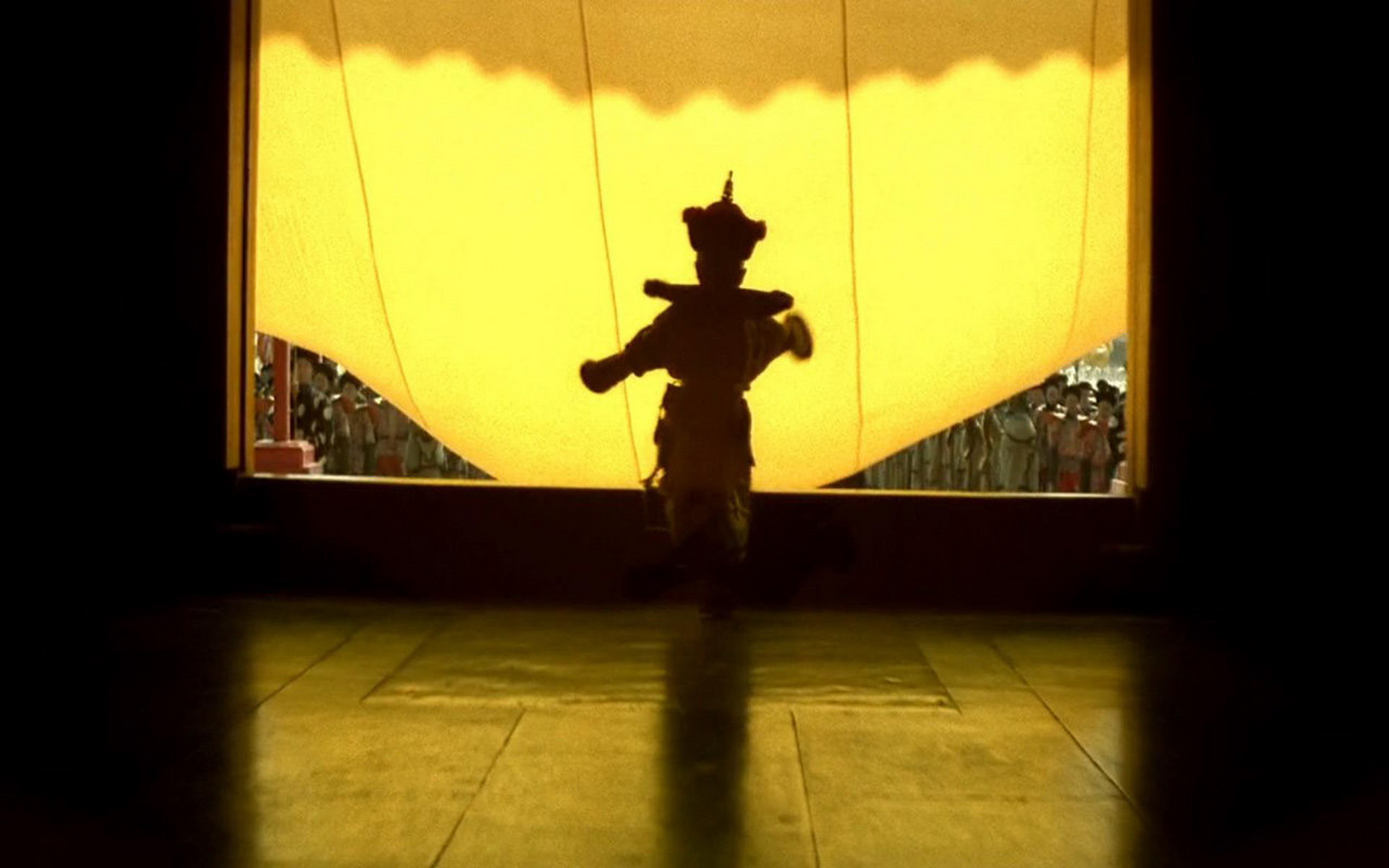
While doing research for this article, we developed a theory in regards to the 1980s’ Best Pictures. We think it’s fair to say that, over the years, the Academy’s palette has waxed and waned considerably. In the beginning, while still trying to fully understand the capabilities of film, the Best Picture winners were… inconsistent at best.
However, as time passed and the film industry found their footing the Best Picture winners seemed to find a groove as well. The ‘40s were all about the family melodrama while the ‘50s preferred the epic flash and spectacle to combat the rise of television. The 1960s were a combination of those Technicolor spectacles and extravagant adaptations of stage musicals.
As the decade changed into the ‘70s so too did the attitude of the Academy. But then the ‘80s swept in and all of a sudden the Best Picture winners were back to the family melodrama and the epic spectacle. More specifically we’re referring to films like Out of Africa, Chariots of Fire, Gandhi and our first placement on this list, Bernardo Bertolucci’s The Last Emperor. In other words, our theory is: The 1980s were basically a decade of regression.
Bertolucci’s epic tells the tragic story of three-year old Pu Yi, who was instated as the final Emperor of the Ching Dynasty and his life thereafter. This is a movie that very few people seem to own up to having seen and if they have, it’s been forgotten by most. Perhaps the average viewer doesn’t remember the film because, when compared to the rest of the Italian auteur’s filmography, it is so seemingly different in tone and style.
The film lacks the European grit of The Conformist and the outright sensuality of Last Tango in Paris but none of that should matter as Bertolucci – along with a talented cast and crew – made a simply moving and wholly beautiful film that shouldn’t become lost to the ages.
Nominated for nine Oscars at the 60th annual Academy Awards, The Last Emperor walked away with every single statuette it was up for, a feat only achieved twice up to that point (1935’s It Happened One Night and 1958’s Gigi). Aside from the big prizes of Picture, Director and Adapted Screenplay the film also deservedly cleaned up the tech awards.
Everything about the visuals in the movie, from the cinematography by Apocalypse Now’s Vittario Storaro and the Production Design team of Ferdinando Scarfiotti, Bruno Cesari and Osvaldo Desideri, to the costumes by James Acheson (winning his first of three Oscars) soar, aided by the fact that the film was shot on location, within the walls of China’s forbidden city.
The only thing we could think of to explain why this beautiful, touching and profoundly moving picture is under-seen is because the average filmgoer most likely dismisses it as a long, boring Anglicized piece of disposable fluff.
In spite of its relatively low $43 million at the box office, we promise that if you take the time to seek out this gem you’ll find a fascinating biopic, riddled with thoroughly relatable characters, a magnificent performance by the inimitable Peter O’Toole and one of the most breathtakingly beautiful movies from the (regressive) 1980s.
9. Oliver! (1968)
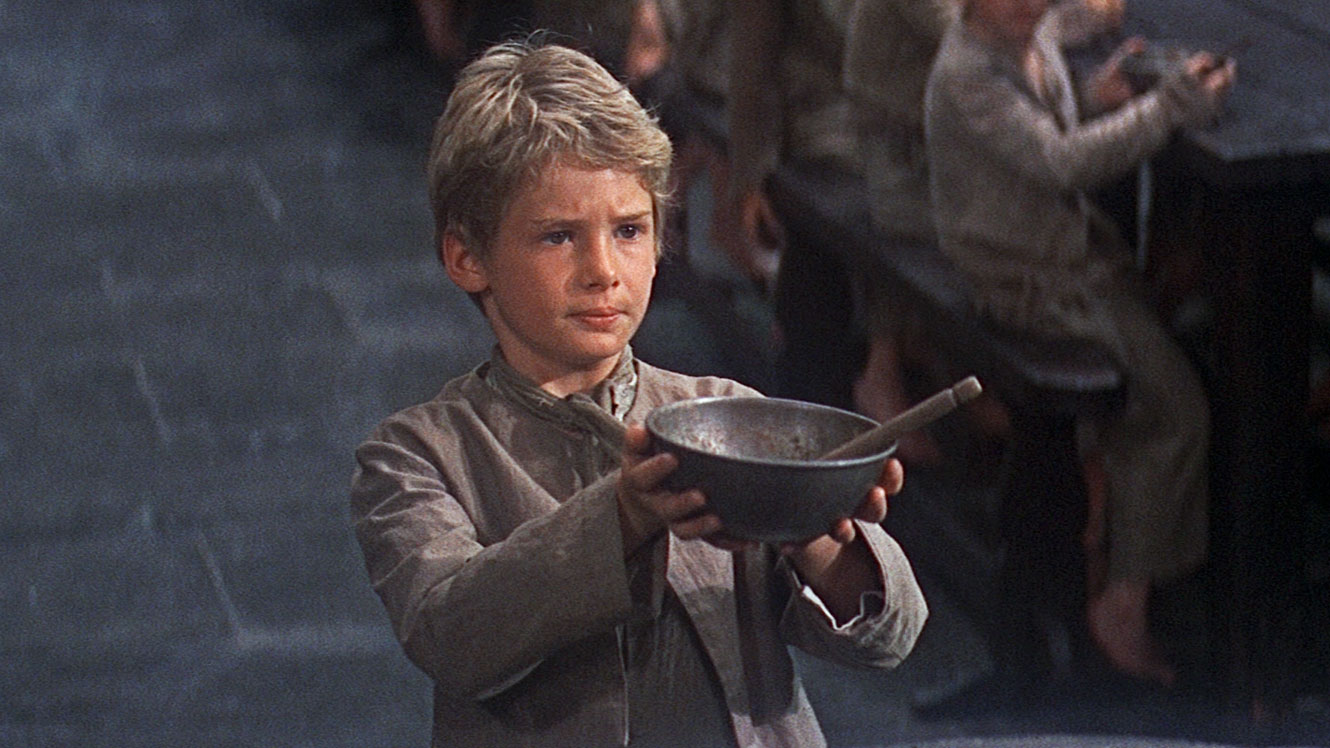
In early 2003, Chicago became the first musical to win Best Picture since Oliver!, ending a thirty-four year hiatus. On the one hand Chicago brought about a resurgence in the genre (though some might say that’s a result of the successful animated ‘90s musicals leading up to 2002), helped by the success in the previous year of Moulin Rouge!
On the other hand, Oliver! officially ended a two-decade long run of big budget movie musicals; it was the fourth musical to win in the ‘60s and the fifth in ten years. But the 1960s proffered a cultural paradigm shift, with Midnight Cowboy putting a stop to the glossy, fantastical song and dance routines that had dominated the previous decade and a half. The ‘70s were fast approaching and audiences were more interested in gritty, realistic stories. The musical phenomenon was officially over.
Which, we suppose, is a large reason why Oliver! hasn’t aged as well as the other musical epics of the ‘60s. West Side Story, My Fair Lady and The Sound of Music are all remembered today with nothing but fond memories, yet for some reason Oliver! always gets cast aside as just another example of an outmoded musical.
To put it into perspective, RottenTomatoes ranks it at #74 in their Best Picture countdown, which makes it one of the lowest ranked Best Picture wining musicals, just above The Broadway Melody, The Great Ziegfeld, Gigi and Going My Way – all movies that are genuinely abysmal.
Perhaps it’s that Oliver’s story has had countless adaptations, or that the actual songs aren’t as memorable as anything in West Side Story, The Sound of Music and My Fair Lady but it deserves much more recognition than it has received throughout the years. It certainly belongs higher on the list than An American in Paris, a movie that, like Oliver!, features forgettable songs but is absolutely gorgeous to look at.
But unlike Oliver!, the Gene Kelly-starring hit is both tonally monotonous and emotionally stale. Carol Reed (brilliant director of The Third Man) made sure to focus on making his adaptation of Oliver Twist vastly more interesting by surrounding the main character with visually stunning set design, costumes and cinematography (his was the first version of Charles Dicken’s story to be shot in colour).
At the end of the day most people turn to David Lean’s version of the story for a more accurate portrayal of the novel. But his version stays completely true to the source material and with such a bleak story we prefer something more stimulating. Reed managed to pull this off with aplomb – shifting the otherwise dramatic narrative to an immensely engaging piece of entertainment – and consequently creating something that could easily be enjoyed by just about any age group.
8. Driving Miss Daisy (1989)
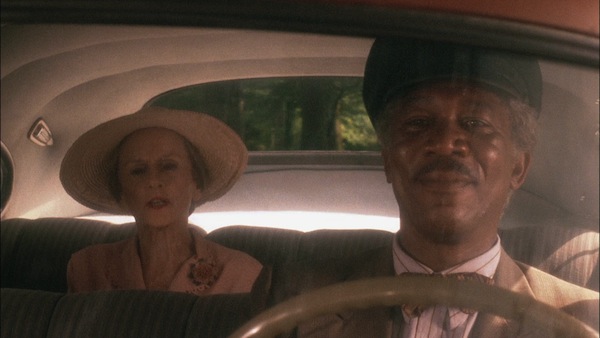
What is it about this movie that everyone seems to hate so much? Oliver Stone (Born on the Fourth of July), Peter Weir (Dead Poets Society), and Jim Sheridan (My Left Foot) were all nominated for Directing — with Stone eventually winning — yet none of their films walked away with the top prize. So perhaps it’s that the film won Best Picture without a director nomination for Bruce Beresford, one of only 4 times in Oscar history when that has happened.
Or perhaps it’s that the film is considered, by many, to be a racist fluff piece without any real substance. Whatever the reason, the fact of the matter remains that this film won Best Picture and (like The King’s Speech 21 years later) is still being discussed for its controversial win that shows the unfortunate age and political views of the entire Academy.
However, to us that makes little-to-no-sense at all, especially when you consider the many accolades the film has received. Driving Miss Daisy boasts an 82% rating on RottenTomatoes and an even more impressive 81 Metascore (yes, we realize it’s a smaller score but it’s much more difficult to get a high score on Metacritic). And we were shocked to learn that when looking at box office, Driving Miss Daisy made over $280 million globally, adjusted for inflation.
None of those stats seem like the kind that would accompany a movie which is universally derided as one of the worst Best Picture winners in Academy History. In fact, it currently sits at #70 on the RottenTomatoes countdown.
Unlike the subsequent year, when Dances with Wolves beat out Martin Scorsese’s seminal classic Goodfellas, Driving Miss Daisy was a film that actually equaled in quality its fellow Best Picture nominees. Jessica Tandy, Morgan Freeman and Dan Aykroyd were all nominated for their performances, with Tandy eventually winning the Lead Actress prize, taking home not only an Oscar statuette but also setting the record for oldest female Academy Award winner, a record still held to this day.
Then of course there is the racism angle. Driving Miss Daisy is most remembered as a “white savior” story where an elderly Jewish woman teaches a poor black man to read. But this film offers the audience so much more than can be described in that simple observation.
It is a rich story, that chronicles an unlikely friendship from beginning to end, and it does so while delicately examining race, economics and the culture of a post-Reconstruction South. Besides, it features a wonderful script, one that explores the themes in intricate ways while offering the audience endlessly quotable (and often quick witted) dialogue.
In the end, where we landed on the discussion is that most people today dislike Driving Miss Daisy because a movie that features an old racist woman won Best Picture in a year where Spike Lee directed an influential contemporary take on race.
The point remains however, that although that does feel unjust and politically incorrect, Driving Miss Daisy was a far more popular movie in 1989 (it was #8 of the year at the box office, versus Spike Lee’s breakout, which was #43). But really, if one takes the time to look past the few flaws in Driving Miss Daisy, they will find a story rife with poignant commentary on life in the South.
It’s a film that we happen to love, one that we cannot fathom why people dislike to such a heightened level, and it also serves as a perfect example of the throwback to the ‘40s and ‘50s nostalgic style with which the 1980s Best Picture winners have become so synonymous.
7. Ordinary People (1980)
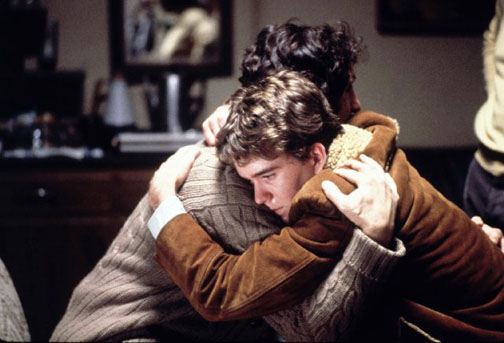
A large chunk of this list revolves around films that don’t hold up nowadays because in hindsight, a particular Best Picture nominated movie that didn’t win has built itself a far more immortalized reputation. It happens quite often. Think of How Green Was My Valley; upon release the movie was praised to the high heavens while Citizen Kane faced unfounded controversy, yet we all know which one stood the test of time.
Think of Going My Way taking down Double Indemnity or Cavalcade versus 42nd Street, An American in Paris and A Streetcar Named Desire, The Greatest Show on Earth and The Quiet Man (or High Noon for that matter); the list goes on. It has become universally agreed upon that all of these Best Picture winners should have been replaced by those respective nominees. Other times the lines become more blurred.
Ordinary People was up against Raging Bull, a movie most consider one of Scorsese’s best (and the first of two times that a decade would start off with the Italian-American’s signature movie getting beaten out by an actor-turned-director’s first feature), which is precisely why most shun it as just another safe family melodrama. In actuality Ordinary People brings so much more than that to the table.
This is a movie that tackles loss and grief in one of the most human ways ever put on celluloid. Guided by four phenomenal performances (how Donald Sutherland wasn’t nominated for his brilliantly realized performance is beyond us) and a script that doesn’t shy away from the more important issues faced by one family dealing with a tragic loss.
Unlike in Raging Bull, all the characters are intimately relatable, which speaks to Robert Redford’s commitment to making sure Ordinary People doesn’t sway into soap opera territory; instead, he paints a beautiful canvas of a family’s struggle to get their lives back together and the unfortunate circumstances that follow.
This all adds up to the movie being the complete tonal opposite of Scorsese’s emotionally cold boxing drama. So it really isn’t surprising that the Academy readily took to a movie that dealt with such a heartbreaking subject of family relations, one year after the critical and box office success of Kramer vs. Kramer.
What we know for certain is that while Ordinary People has flaws, mainly in its inability to fully flesh out each character as much as Timothy Hutton’s mentally frail Conrad, it deserves a much better reputation. Ordinary People is a film that is more than just the one that beat out Raging Bull. It is a movie that examines a grounded, family situation without any of the flash, pomp and circumstance that grace so many of the Best Picture winners.
6. Shakespeare in Love (1998)
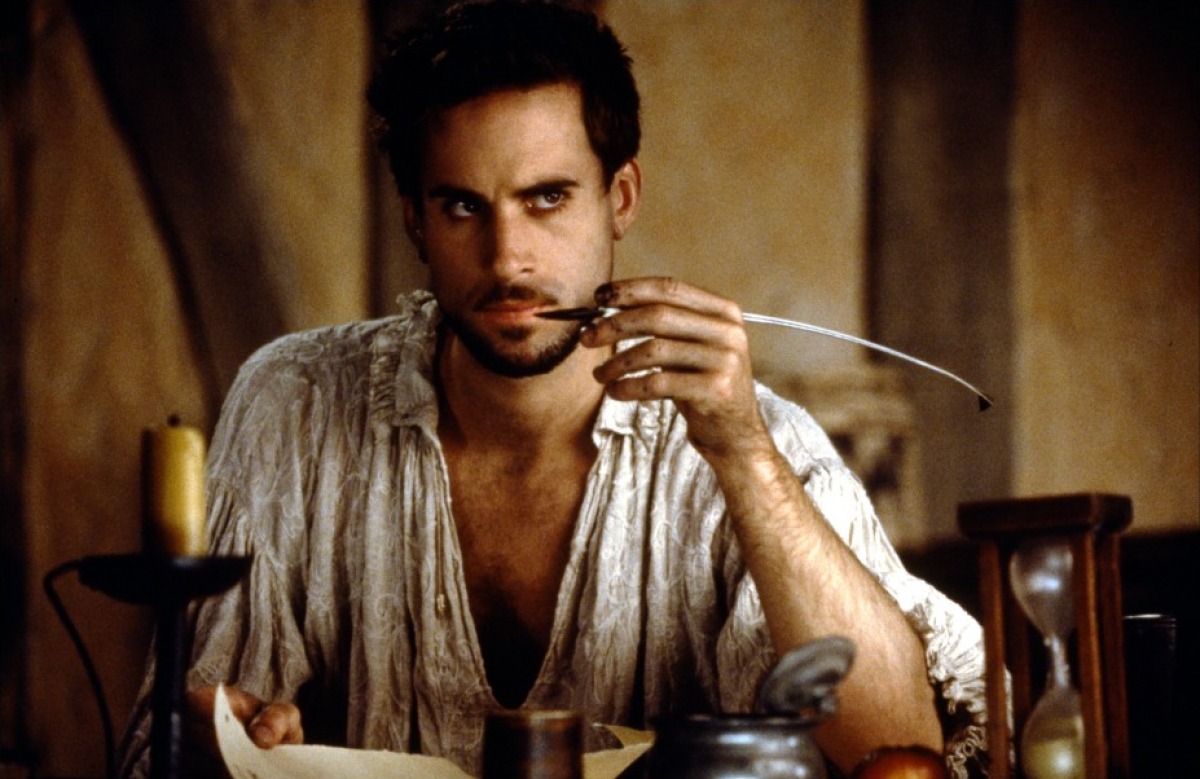
Shakespeare in Love, the first movie to win Best Picture after Titanic obliterated the competition at both the box office and the Academy Awards, became the third romance in a row to take the Best Picture prize and the very next day promptly became the subject of ridicule from every media outlet and movie fan in the world.
Not only did it beat Saving Private Ryan, which was the year’s biggest money maker and was expected to become Spielberg’s second triumph, it also took the Lead Actress award away from Cate Blanchett and Emily Watson in their best performances to date. All this after managing to become the second most Oscar nominated movie of all time.
Now, in our humble little opinion we think Saving Private Ryan is brilliantly directed – we won’t take that away from the film. In addition, it has some of the best use of sound, cinematography and film editing of the time – all of which was luminously displayed in that opening half hour – so technically the movie won all the awards we think it deserved.
The rest of Saving Private Ryan though is a slog; a boring, overly sentimental showcase for Spielberg and Kaminski’s marvelous collaborative work, and really nothing more. The fact that Shakespeare in Love, a charming and often hilarious piece of revisionist history, walked away as the Best Picture winner that night feels much more earned.
Watching the movie now, some eighteen years later, with all the bitterness washed away, it is easy to see how rough around the edges it is with a script that wasn’t worthy of an Original Screenplay win (considering how much of the film is inspired by true events that couldn’t have been collected from anywhere other than published, anecdotal sources, as well as the play Romeo & Juliet).
However, none of that should take away from the immaculate attention to detail in the craft of Shakespeare in Love. Everything from the costume design to the set decoration and makeup to original score are absolutely one of the best of the year and Dame Judi Dench’s Supporting Actress win, though short, makes sense when you stop to think about how much of an impact she made in less than six minutes.
Did 1998 have better movies than Shakespeare in Love? Absolutely. The film is such a harmless, delightful and altogether fully realized piece of entertainment that offers a nice sigh of relief when clumped between two dramatically heavy movies (Titanic and American Beauty).
The fact that there’s still such massive hatred towards the movie because more members of the Academy (who hold the arbitrary authority on what gets chosen for the top prize) thought it was better than Saving Private Ryan is truly astounding.